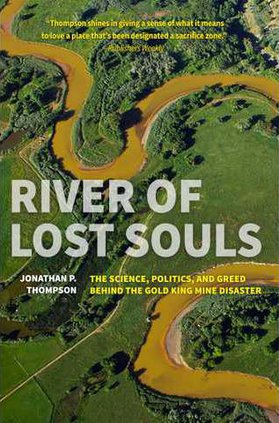The board named department chief engineer Gerald Ross interim commissioner and said it will soon begin a national search for a replacement.
Evans, who did not attend the board meeting, did not immediately respond to a voicemail The Associated Press left with her husband Thursday evening.
Members of a transportation board committee declined in November to take action against Evans who had been accused of sending racy e-mails on state computers while working for other agencies.
But Thursday, board members cited a loss of confidence as triggering their decision to oust Evans after two years on the job.
"We just thought it was time to move the board forward," said board member Johnny Floyd.
The decision was swiftly criticized by Perdue, who hand-picked Evans for the $175,000 a year position.
"Today the State Transportation Board proved that a majority of its members are more concerned with personal vendettas and politics than delivering value to citizens in transportation," the governor said in a press release.
But board chairman Bill Kuhlke insisted the board's vote was not based on personal disputes, but a measured review of Evans' abilities. The announcement followed a lengthy, closed-door meeting he said was dominated by discussion of how the department would go forward.
The shake up comes as the first portions of an anticipated $6 billion in federal stimulus money arrives in Georgia. Some of the money is expected to favor "shovel-ready" projects, potentially including efforts to relieve notorious traffic along Atlanta roadways.
Board members were confident Thursday the shift would not delay efforts to dole out money at the department, which has been criticized for moving slowly on projects.
"Gerald Ross obviously is the one who was going to be heading that up," said board member Steve Farrow, who voted in favor of removing Evans. "I don't think we'll miss a beat."
Critics accused Evans last fall of using state computers to send sexual e-mails while working for two other state agencies.
In September, Evans married former board chairman Mike Evans. He had resigned from the board in April to pursue what he described then as a budding romance with her. Farrow filled his seat.
Board leaders later reprimanded Gena Evans for failing to report her romantic relationship with Mike Evans sooner. DOT policy bans intimate relationships in the direct chain of command.
The board oversees the commissioner.
Evans has countered that she wrote the e-mails when she was a single adult woman and that people should consider the source of the complaint.
Last fall, Kuhlke said a committee had a "thorough discussion" of allegations and chose instead to focus on Evans' performance.
But Thursday, Farrow said board members acted after considering ongoing criticism of Evans' abilities.
"We needed to send a message that we as a board are making a change in direction," he said.
Ross is the first black man to hold the department's top position.




